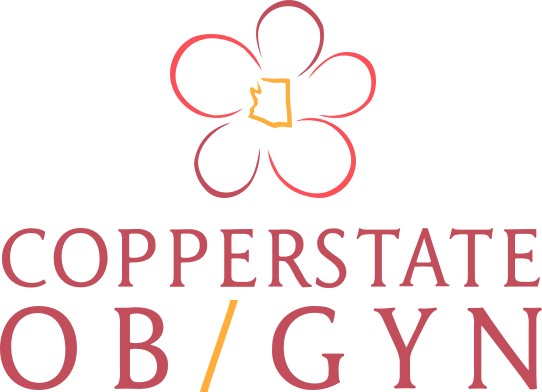Let’s talk about eggs! And, we’re not talking about the type that you may have had for breakfast this morning. We’re talking about female eggs, which are the key factors when it comes to pregnancy, menstruation, and even menopause.
To wrap up our I Am Woman: A Celebration of Womanhood series, we explore the role of the female eggs within the body, and how they change over the course of a lifetime.
What Is The Female Egg
Of course, let’s start with the basics. When we say egg, what we are referring to in medical terms is called an oocyte, which are fluid-filled structures within the ovaries that contain the female gamete cell.
When fertilized in the fallopian tube by sperm, the female egg will become fertilized and implant itself in the uterus to begin developing.
Are women born with all of their eggs?
An interesting fact about eggs or oocytes, is that females are not actually capable of making new eggs and there is no way to ever know how many a woman has at a given moment.
At birth, female ovaries contain an average of 1-2 million eggs. This number continuously declines throughout the course of a lifetime.
To put this into perspective, by the time a female reaches puberty only about 25% of her lifetime total egg pool remains which is roughly 300,000. Over the next 30-40 years of a female’s life, the entire egg supply will continue to reduce until eventually none are left.
The Lifespan of a Female Egg
While it may sound like a female has an incredibly large amount of eggs, that is not completely true. In order for a female egg to reach a point at which it can be fertilized and result in a pregnancy, it has to reach maturity. Only about 300-500 female eggs will mature over a female’s lifespan and present the chance for pregnancy. The rest of these eggs will die off naturally in a process called atresia.
The Egg Maturing Process
The process of an egg maturing takes roughly 14 days and has two main phases. During the first phase of maturing, as many as 1000 eggs will begin to develop and mature. However, because hormone stimulation is required to mature the egg, only one dominant egg will survive and be released into the fallopian tubes to create the opportunity for fertilization to occur, and menstruation to happen if it does not.
The remaining eggs will die without this hormone stimulation. Because so many eggs are used up while trying to produce one dominant egg, it is easy to see why the number of viable eggs declines so quickly over time.
What Happens When There Are No Eggs Left?
Typically by age 51, a female’s supply of eggs is fully depleted. So, what happens then? This phase in a female’s life is called menopause. The body’s hormones will begin to change since there are no longer eggs being matured and released each month.
This shift in hormones can cause a number of uncomfortable symptoms including:
- Vaginal dryness
- Hot flashes
- Chills
- Night sweats
- Sleep problems
- Mood changes/swings
- Weight gain and slowed metabolism
- Thinning hair and dry skin
- Loss of breast fullness
If you are experiencing any of the symptoms of menopause, Copperstate can help guide you through the process.
Copperstate and Your Female Eggs
Whether you are experiencing painful or heavy periods, or are trying to get pregnant, Copperstate is here to help you with all your needs revolving around the female egg!
Our practice is recognized as one of the most progressive OB/Gyn groups in Southern Arizona. Our expert physicians offer a number of services focused on helping you feel your best, including menopause and hormone replacement services, and preconception counseling.
I Am Woman: A Celebration of Womanhood
In March 1992, Dr. Karen Addis and her husband Dr. Walt Patton opened Copperstate OB/GYN, a premier women’s healthcare facility focused on providing exceptional reproductive healthcare to women of all ages, and through every stage of life including pregnancy, menstruation, and menopause. This year we are celebrating 30 years of female empowerment with I Am Woman: A Celebration of Womanhood. In addition to our monthly blog posts, we’ll be hosting Facebook Live sessions and giveaways each month in our Facebook group, Tucson Women: Healthy Living, that will celebrate womanhood and test followers’ knowledge!
Are you looking for an OB/Gyn you can trust to help you achieve pregnancy in the Tucson area? Let us support you in achieving true health and wellness. Call (520) 721-8605 to book your appointment today.
Sources
https://my.clevelandclinic.org/health/articles/11585-conception
https://www.rogelcancercenter.org/fertility-preservation/for-female-patients/normal-ovarian-function#:~:text=The%20ovaries%20contain%20the%20female,called%20egg)%20grows%20to%20maturity.

